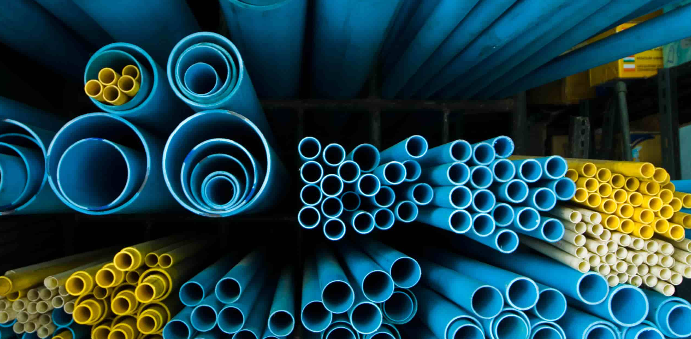Why HDPE Recycling at WasteTrade is Key to Meeting Global Sustainability Goals
Why HDPE Recycling at WasteTrade is Key to Meeting Global Sustainability Goals
Blog Article
Plastic waste has become an environmental issue of major concern and millions of tons ending in oceans and landfills every year. One of the most commonly used plastics is high-density Polyethylene (HDPE), which is found in products like milk jugs, detergent bottles as well as plastic bags. But, only a tiny percentage of HDPE is recycled due to various challenges in the recycling process. WasteTrade hopes to alter this situation by revolutionizing HDPE Recycling and making it more efficient and sustainable.

WasteTrade is a business that is specialized in recycling plastics from post-consumer use, with a an emphasis on HDPE. The most traditional method of recycling HDPE involves sorting and cleaning the plastic prior to melting it into pellets to reuse. But, this method is time-consuming and expensive which results in the low rate in HDPE recycling.
WasteTrade has developed an innovative method that increases efficiency of their HDPE Recycling process. They make use of advanced technology to sort various kinds of plastics quickly and accurately based on their chemical structure. This lets them separate out non-HDPE and contaminants materials with ease.
Additionally, WasteTrade has also invested in cutting-edge cleaning equipment that is able to remove any impurities from the recycled plastic without damaging its quality or properties. This makes sure that the product that is produced is clean and safe for reuse.
But WasteTrade's efforts do not end there. They have established a closed loop system that allows them to work closely with the manufacturers who utilize recycling HDPE pellets as raw material for new products. This does not just reduce the requirement for virgin plastic manufacturing, but also creates a circular economic system where waste is turned into valuable resources.
In addition to the advancements in technology, WasteTrade also prioritizes sustainability throughout their business. They have implemented energy-efficient procedures at their facilities and use renewable energy whenever they can. They also have a goal of cutting their carbon footprint by optimizing their transportation routes as well as using environmentally friendly packaging materials.
WasteTrade's approach to HDPE recycling has proven to be successful which has resulted in a significant increase in the amount of HDPE being recycled. This does not just reduce the amount of plastic waste in the oceans and landfills, but also conserves natural resources and reduces the emissions of greenhouse gases.

Conclusion: WasteTrade leads the trend in transforming HDPE recycling to create cleaner plastics. Their revolutionary technology, commitment to sustainability, and closed-loop system have greatly enhanced the effectiveness in HDPE recycling. By turning plastic waste into useful resources, WasteTrade is making a positive impact on the local community and the environment. We, as consumers can help WasteTrade's efforts by properly eliminating our plastic waste and choosing products made from recycled materials as often as is feasible. Collectively, we are able to create an environmentally sustainable future for the generations to come. Report this page